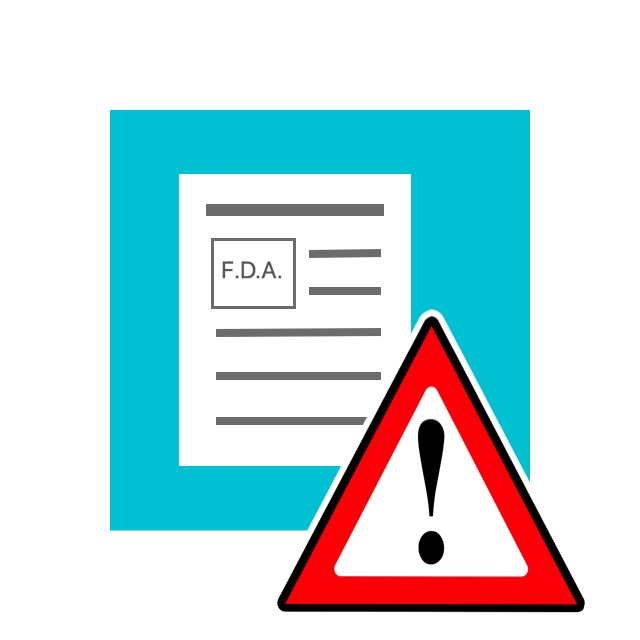Researchers analyzed 8 years of data and found that while overall systemic reactions have been declining, people with asthma were most at risk for them. Also no local skin infections or serious infections from injections were reported in 9.5 million injection visits.
READ ARTICLE HIDE ARTICLE
ATLANTA, GA – Members of the American Academy of Allergy, Asthma & Immunology (AAAAI) and the American College of Asthma, Allergy & Immunology (ACAAI) joined forces to investigate the occurrence of local or systemic infections and systemic reactions as the result of subcutaneous and sublingual immunotherapy.
Subcutaneous immunotherapy (SCIT), or traditional allergy injections, is administered by an allergist/immunologist and is an effective treatment that improves tolerance to airborne allergens by reducing nasal and eye allergy symptoms. Sublingual immunotherapy (SLIT) is a newer treatment whereby treatment allergens are self-administered by patients under the tongue.
“The risk of infections associated with allergy injections is thought to be non-existent yet this has not been systematically studied in a national study of treating allergists,” said Tolly Epstein, MD, MS, FAAAAI. “The aims of this national study conducted annually are to identify factors that may influence risk of systemic allergic reactions with injections and sublingual therapies and to identify if there is any risk of infections associated with subcutaneous injections.”
From 2008 to 2015, 27-51% of members of both organizations filled out a survey reporting how many patients they treated with SCIT or SLIT and if they had any adverse allergic reactions. Reactions were recorded on a gradient from one to four. A grade one reaction was considered mild, grade two is moderate, grade three is severe and grade four is very severe. In 2014, the survey also started collecting data on local skin and systemic infections following SCIT that required antibiotics. In total between 2008 and 2015, around 46.6 million injection visits were recorded from the survey.
The research was presented in the abstract “Evaluation of Risk Factors for Infections and Systemic Reactions (SRs) Associated with Subcutaneous and Sublingual Allergen Immunotherapy (SCIT and SLIT): AAAAI/ACAAI National Surveillance Study 2008-2015” at the 2017 AAAAI Annual Meeting.
Out of the 46.6 million visits, there were three reported fatalities directly linked to allergic reactions to the injections. However, systemic allergic reactions to injections have been declining. In 2014 and 2015, when data was collected on possible infections with allergen injections, no local or systemic infections were reported in 9.5 million injection visits.
Researchers also found that asthma is a risk factor for severe systemic reactions during SCIT. “In 2014 to 2015, two-thirds of the grade three and four reactions occurred in people with asthma even though only 11% of practices reported that more than half of their patients on injections were asthmatic,” said Dr. Epstein.
The Food and Drug Administration (FDA) approved the first SLIT tablet in 2014. Of the 1,355 patients treated with FDA-approved SLIT between 2014 and 2015 that were reported in the survey, two severe reactions were reported. Both patients were treated successfully with epinephrine.
For more information on
immunotherapy
, visit
aaaai.org
. Research presented at the
AAAAI Annual Meeting
is published
in an online supplement to The Journal of Allergy and Clinical Immunology
.
The American Academy of Allergy, Asthma & Immunology (AAAAI) represents allergists, asthma specialists, clinical immunologists, allied health professionals and others with a special interest in the research and treatment of allergic and immunologic diseases. Established in 1943, the AAAAI has more than 6,900 members in the United States, Canada and 72 other countries. The
AAAAI’s Find an Allergist/Immunologist
service is a trusted resource to help you find a specialist.
Editor's notes:
Additional Information
Rhinitis Symptoms, Diagnosis, Treatment & Management »
Learn More from AAAAI





